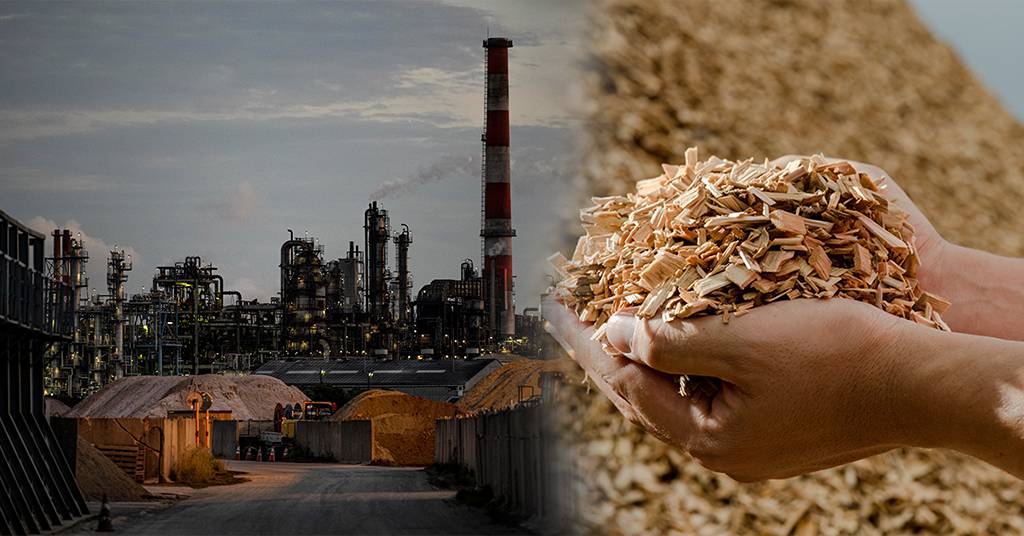Welcome To ChemAnalyst

Europe: The European Commission has added Ethylene Oxide to the roster of pesticides that require testing due to its association with multiple recalls in recent years. Starting from 2023 until 2026, European countries will be obligated to procure and test food samples for Ethylene Oxide. The examination of Ethylene Oxide will be performed on dried beans, rye, and rice in 2023, wheat in 2024, barley and oats in 2025, and once again on dried beans, rye, and brown rice in 2026. A lot of samples to be tested will be chosen randomly.
The goal is to guarantee adherence to the highest allowable levels of pesticides in food and assess consumers' exposure to pesticide residues in plant and animal-derived products. Every year, member states must submit the data relating to the previous calendar year by the end of August.
In September 2020, sesame seeds from India were found to contain Ethylene Oxide, a substance used for disinfecting foodstuffs which is not permitted in Europe. Further testing showed that additional raw materials, including herbs, spices, and locust bean gum (a thickening agent utilized in ice cream and various other foods), were also contaminated.
This issue led to at least six meetings at the European level, with several countries expressing dissatisfaction with the handling of the situation. As a result, it prompted the largest food recall operation in EU history.
Recently, the European Union Commission has implemented stricter official controls on certain food imports into Europe. The newest regulations currently encompass a range of merchandise from multiple nations, such as vanilla extract from the United States, locust bean products from Morocco and Malaysia, tomato ketchup as well as other tomato-based sauces from Mexico, and Calcium Carbonate from India.
In 2021 summer, European Union nations have shifted from a zero-tolerance policy towards products containing Ethylene Oxide to a more nuanced approach. Companies are now required to verify whether raw materials containing Ethylene Oxide will also be present in the final product. Only final products that exceed the Ethylene Oxide limit will be recalled from consumers. Consequently, the number of recalls has significantly decreased, but a few still occurred in 2023.
The European Union has implemented a new regulation that mandates the analysis of over 100 pesticides in plant-derived products from 2024 to 2026. The regulation includes a list of substances such as Chlorpyrifos, Glyphosate, and Folpet, which will be tested for in foods like bananas, melons, tomatoes, onions, and carrots.
In addition, around 30 pesticides have been identified to be screened in animal-derived products. These substances include DDT, Fipronil, and Lindane, which will be analyzed in products like chicken eggs, cow’s milk, and poultry fat.
By 2024, every member state must examine and assess 10 samples of processed baby food made from cereal. In 2025, the emphasis is on examining 10 samples of food designed for infants and young children, excluding infant formula, follow-on formula, and processed cereal-based baby food. Finally, in 2026, the focus will shift to examining five samples of infant formula and follow-on formula.
We use cookies to deliver the best possible experience on our website. To learn more, visit our Privacy Policy. By continuing to use this site or by closing this box, you consent to our use of cookies. More info.
